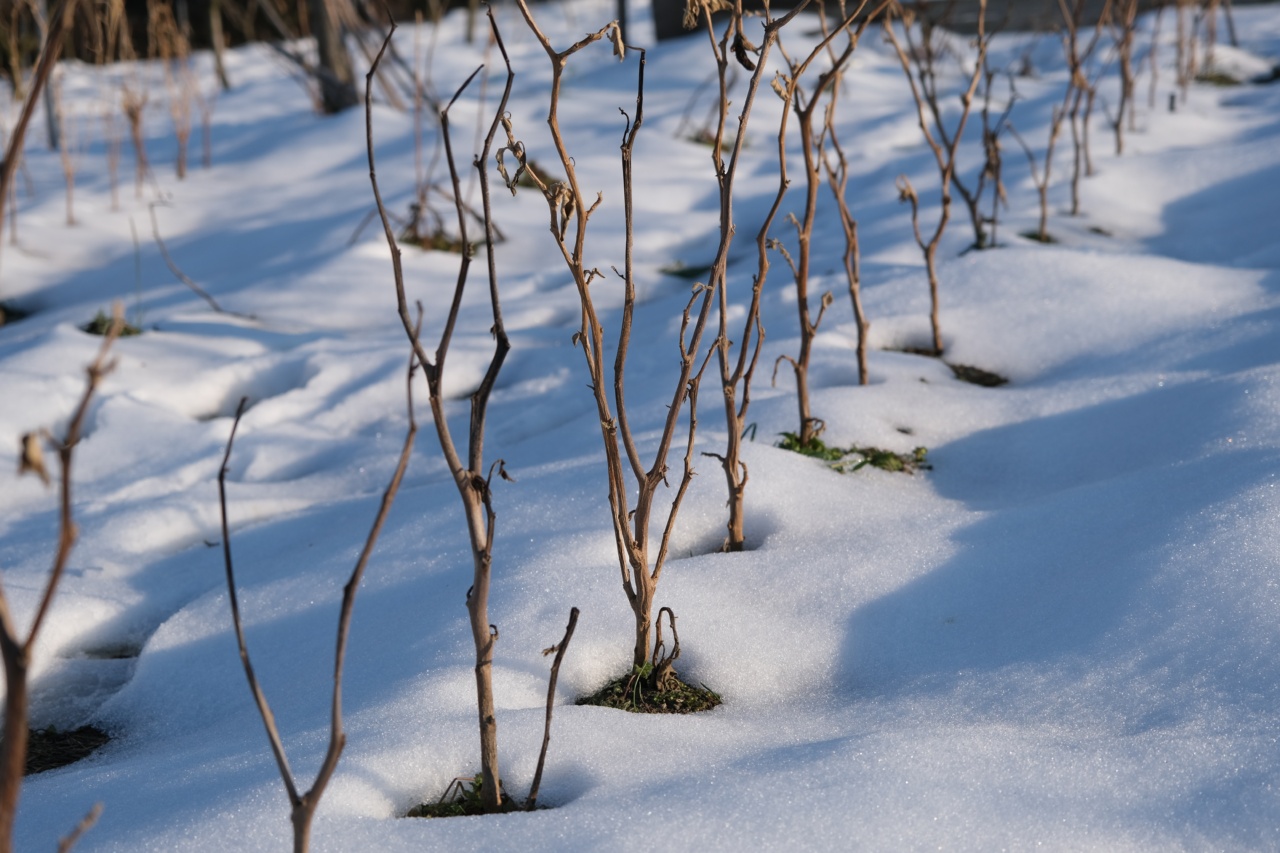Winter can be a challenging time for people with sensitive skin. The cold weather and dry air can cause skin to become dry, itchy, and flaky. These conditions can also trigger cold urticaria, a type of hives that develops in response to cold temperatures.
But with the right care and precautions, you can keep your skin healthy and comfortable all winter long. Here are some tips for coping with dry skin and cold urticaria:.
Understanding Dry Skin
Dry skin is a common problem in the winter months, when the air is dry and cold. The dry air can suck the moisture out of your skin, leaving it dry, itchy, and flaky. Some factors that can contribute to dry skin include:.
- Over-washing with hot water or soap
- Low humidity in the air
- Cold temperatures
- Harsh skincare products
Caring for Dry Skin
To keep your skin healthy and comfortable during the winter, try these tips:.
- Use a humidifier to add moisture to the air in your home
- Take shorter, lukewarm showers or baths
- Choose gentle, fragrance-free skincare products
- Apply a rich, moisturizing cream or ointment immediately after bathing, while your skin is still damp
- Wear gloves and a hat to protect your skin when you go outdoors
The Challenge of Cold Urticaria
Cold urticaria is a skin condition in which hives develop in response to cold temperatures. The hives can be itchy, red, and raised, and may appear on any part of the body that is exposed to cold.
Cold urticaria is caused by an allergic reaction to the cold, and can be triggered by even mild exposure to cold temperatures. Some people with cold urticaria can experience severe symptoms, including difficulty breathing and even anaphylaxis.
Protecting Yourself from Cold Urticaria
If you have cold urticaria, you may need to take extra precautions to protect yourself during the winter months. Here are some tips:.
- Avoid exposure to cold temperatures as much as possible
- Dress warmly, in layers
- Avoid touching cold objects with your bare skin
- Carry an epinephrine auto-injector with you at all times, in case of a severe reaction
- Discuss treatment options with your healthcare provider, such as antihistamines or immunotherapy
Conclusion
Winter can be a difficult time for people with sensitive skin. But by taking care of your skin and taking precautions to protect yourself from the cold, you can minimize your discomfort and keep your skin healthy.
If you have cold urticaria, be sure to talk to your healthcare provider about your symptoms and treatment options.




























